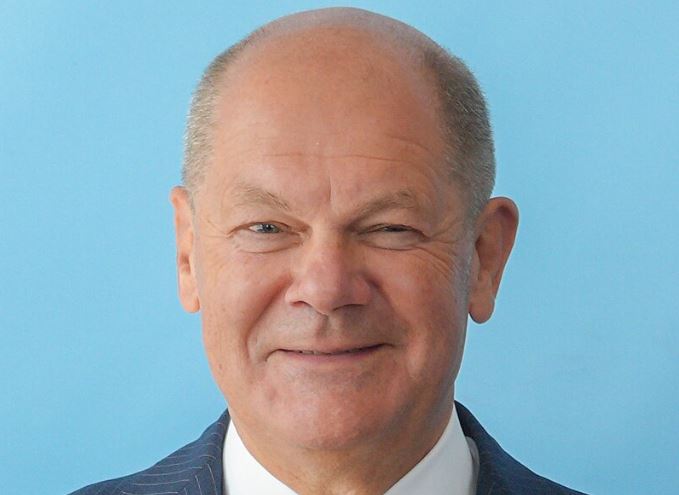German Chancellor Olaf Scholz recently lost a confidence vote, leading to a general election that may favor the hydrogen-skeptic CDU party.
Scholz, who has been a proponent of renewable energy sources including hydrogen, faces political shifts as the CDU expresses skepticism about hydrogen’s potential as a sustainable energy solution. The CDU’s stance could significantly impact Germany’s energy policy direction, prioritizing different technologies over hydrogen.
The outcome of this election is expected to have lasting implications on Germany’s transition to green energy. The CDU, well-known for its more conservative views on energy, prefers alternatives to hydrogen, focusing perhaps more on nuclear or coal energy. This political change may slow down initiatives aimed at promoting hydrogen as a key element in reducing carbon emissions.
Scholz’s loss is significant not only for domestic policy but also for German industry and its role in the global transition to renewable energy. As Germany is a significant player in the European Union, this shift could influence broader EU energy strategies. The potential victory of the CDU signals a change that challenges the current trajectory towards a hydrogen-powered future.
The election will be a critical moment for Germany as voters decide the direction of the country’s energy policies. The choice will have repercussions for innovation, environmental concerns, and Germany’s position in international climate negotiations.
